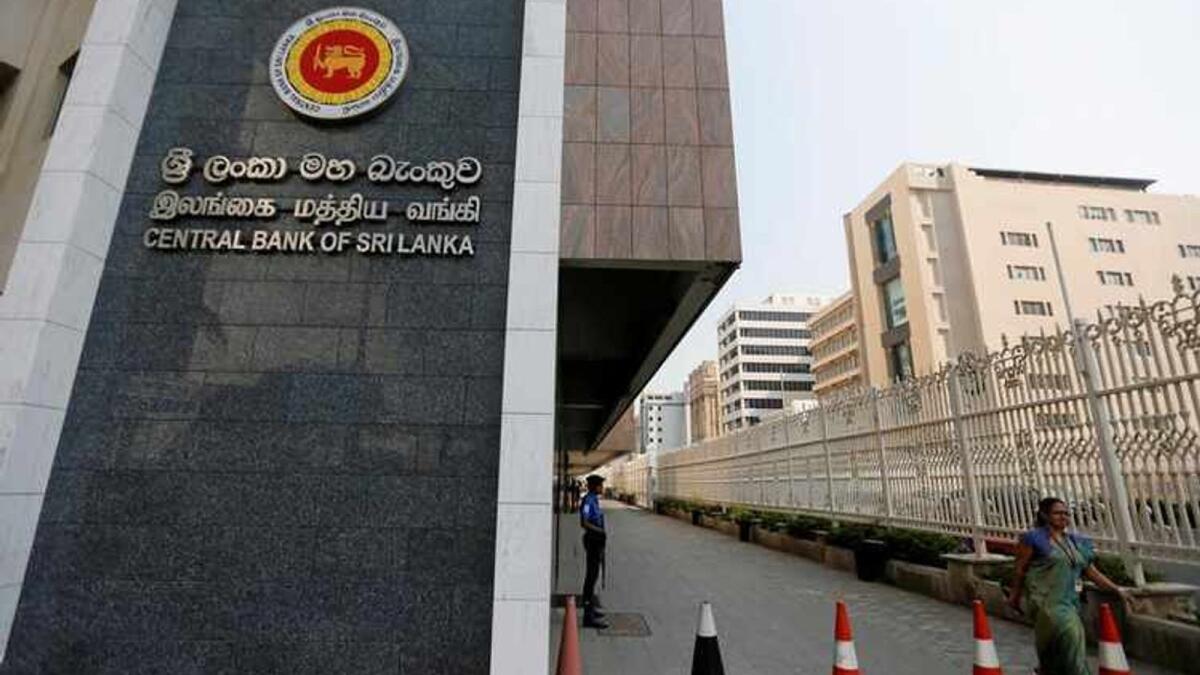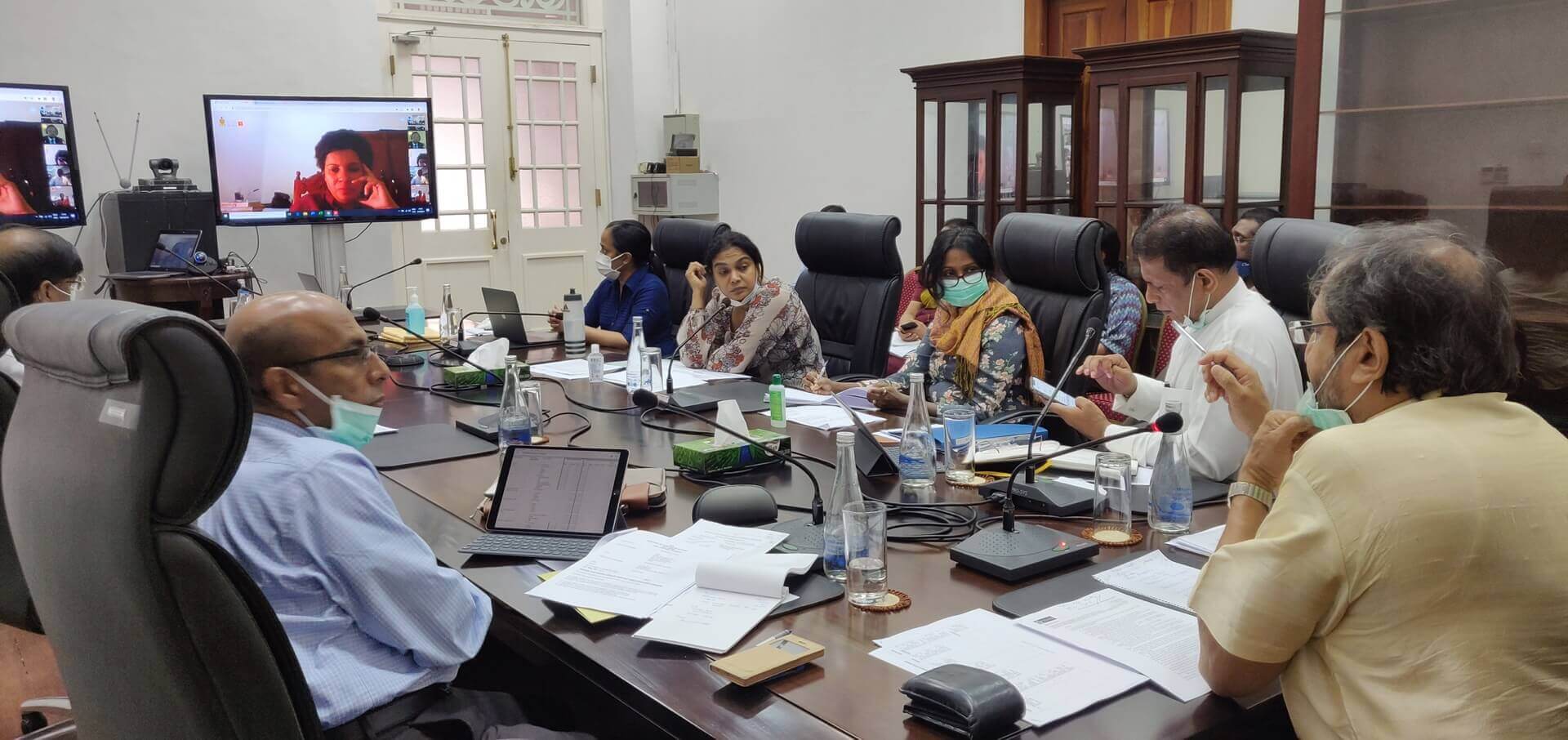The Sri Lankan government on Monday announced its decision to temporarily close three diplomatic missions, including the High Commission in Abuja, Nigeria and the consulates in Frankfurt, Germany, and Nicosia, Cyprus, to counter record-high inflation rates and a foreign exchange crisis.
According to a press release by the Sri Lankan Ministry of Foreign Affairs, the decision is part of a “restructuring process” to convert the country’s “much needed foreign reserves” and minimise “expenditure related to maintenance of Sri Lanka’s Missions/Posts overseas.”
It clarified that the Cabinet approved the decision only after ensuring that “effective conduct of bilateral relations” could be continued. To this end, the functions of the mission in Abuja will be conducted by the High Commission in Nairobi, Kenya. Meanwhile, the functions of the Consulate General in Frankfurt, including trading, investment, and tourism promotion, will come under the purview of the embassy in Berlin. Similarly, the embassy in Rome will handle the functions of the Nicosia mission.

Furthermore, the statement said that despite these cost-cutting measures, Sri Lanka remains committed to maintaining bilateral relations with all the countries, with a specific focus on economic diplomacy. This would comprise the promotion of exports, foreign direct investment, tourism, and foreign employment generation. It will also continue to engage with internal and external stakeholders to assess the situation and reinstate the missions as soon as possible.
The decision comes as the country struggles with a foreign exchange crisis. In November end, Sri Lanka’s foreign reserves amounted to merely $1.5 billion, a significant drop from $7.5 billion in 2019.
Sri Lanka is also experiencing record-high inflation, which hit 11.1% in November. The country’s woes have been deepened by the COVID-19 pandemic, which has frozen its tourism-dependent economy. These crises have led to severe shortages of essential goods, including milk, sugar, and lentils; in fact, food prices have also gone up by 17%.
On the same day as the closure of several diplomatic offices across the globe, the Central Bank imposed restrictions on foreign currency remittances by locals. Furthermore, all commercial banks will now have to hand over 25% of their dollar earnings to the government, a steep rise from the previous 10%. This has raised concerns that banks will no longer provide the much-needed dollars to private traders who import essential goods.
In light of the ongoing economic crisis, the government also closed its only oil refinery in mid-November over concerns of a shortage of dollars to pay for the crude oil imports. In addition, several traders are worried about being forced to convert their export earnings.

